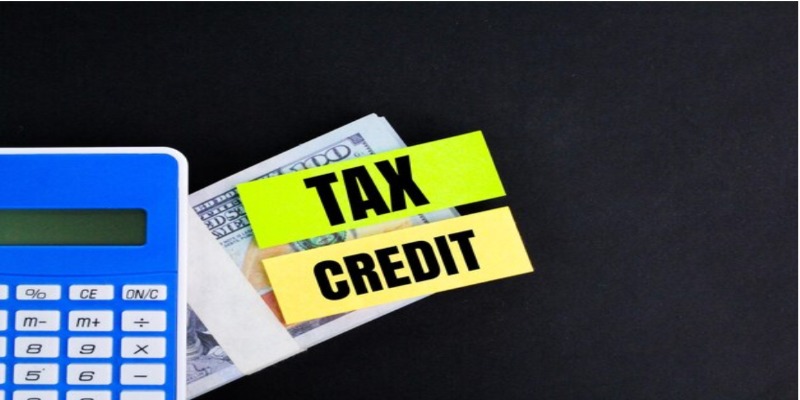All About Mortgage and Lender
Dec 30, 2022 By Susan Kelly
This site features many or all of our partners' items, and they pay us for the privilege. As a result, this may affect how and where a product is featured in our articles. However, this has no bearing on how we make judgments.
Our views are entirely our own. Find out who we work with and how we make money below. Finding a mortgage lender begins with compiling a list of questions to ask. Having the questions answered gives you an advantage.
I'm figuring out what kind of mortgage would be ideal for me. By asking this question, you can tell if you're speaking with a producer (or salesperson) or a quality adviser. In response to the question "What are my options?" a reputable mortgage lender will examine the benefits and drawbacks of each loan choice with you, taking into account your specific circumstances.
How much of a deposit do I need to make?

Every lender would prefer a 20% down payment, which is only sometimes necessary. Mortgages are available for qualified purchasers with as little as a 3% down payment or even without a down payment. Again, there are things to consider with each potential down payment method. Only the most reputable financial institutions will take the time to explain all of your options to you.
In need of a home loan? When banks compete for your business, you benefit from lower interest rates. After answering some information, NerdWallet will provide you with free, customized rate quotes from some of the best lenders in the country.
What down payment programs am I eligible for?
This is the question to ask if you want to gauge your mortgage lender's worth. If the response is a giggle or a grunt, keep going. It's best to choose a lender familiar with down payment assistance programs at the local, state, and federal levels. It has the resources to help you apply for and get funding for these programs.
How much am I paying in interest?

This mortgage inquiry was likely already on your mind. It is the one common standard by which we can all judge. Do we, however? There are several methods by which a lender might adjust your mortgage interest rate, most of which will incur additional expenses.
If you talk to multiple lenders, you can receive an estimated interest rate you'll be offered. Say it's 5% to make things easier. Your mortgage payment is calculated based on this rate. Therefore we'll call it your "payment interest rate."
Also, here are some questions to consider if you're leaning toward an adjustable-rate mortgage over a fixed-rate loan: How often is the interest rate on the installment loan changed? How much of an increase can we expect each year, if any? Where does the rate peak, if ever?
When expressed as a percentage, how much is the annual rate?
Now that you have a general notion of how much your monthly payment will be, you should calculate your APR. Just what is it that separates the two? All of the hidden costs of a loan are calculated into the APR.
Inquire of your lender if the APR you quoted includes any discount points. No is the correct response to your question. You can always buy discount points, which are up-front payments paid in exchange for a lower interest rate.
The APR is okay if it's high. You've decided to buy your "forever home." The APR will increase if you purchase discount points to reduce your payment rate. But the cheaper interest rate will make up for the long payback time in the long run.
Is it the day you run a full credit report on me?
Know ahead of time if and when the lender will do a "hard" credit check, also known as a "hard inquiry." Your credit report will reveal that kind of examination of your payment history. This is necessary so the lender can provide an accurate interest rate estimate.
What is the cost to lock in a rate of interest? The interest rate you'll be paying may be locked in at some point after you've chosen a lender. This guarantees that it won't rise, though it also prevents it from falling. You want to know that there is no fee to lock in an interest rate on a conventional mortgage loan (as opposed to a construction loan).








